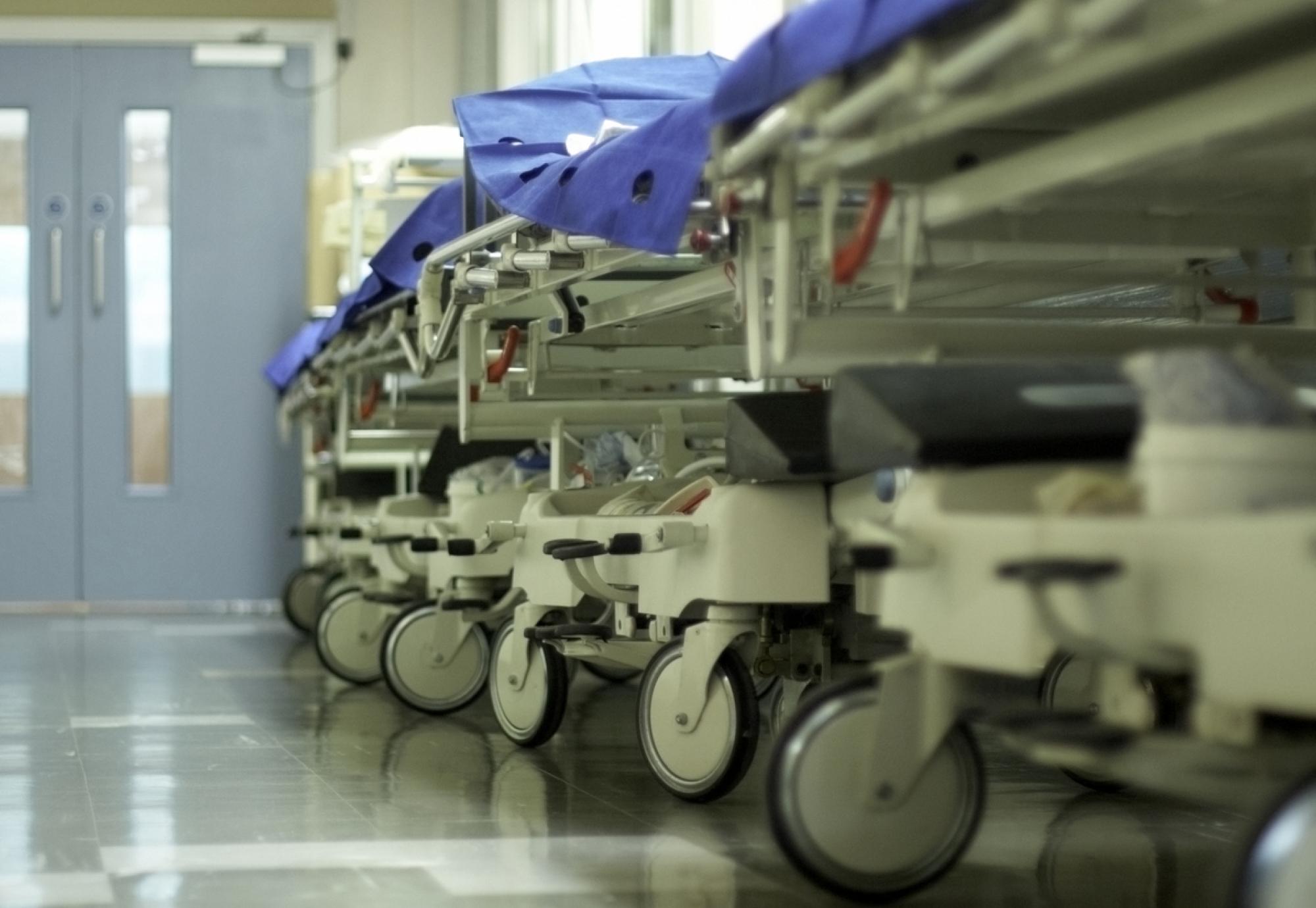Patients are set to benefit from expanded NHS capacity this winter as the health secretary, Steve Barclay, announces £250m to create 900 new hospital beds.
The investment will benefit 30 NHS organisations as the government moves to develop urgent treatment centres and emergency care services so more patients can be seen in a timely manner.
NHS England anticipates that the majority of the works will be completed by next January to help curb winter pressures.
We're investing £250 million to create 900 beds in hospitals across the country as part of the Urgent and Emergency Care recovery plan this winter.
— Department of Health and Social Care (@DHSCgovuk) August 15, 2023
This funding will help the NHS to:
✅ increase hospital capacity
✅ cut waiting times for urgent and emergency care
Details 🔻
Some of the funding includes £12.5m which will be used to convert underused non-clinical space into 72 new hospital beds at Peterborough City Hospital, as well as £22.6m at Northwick Park Hospital to create a 32-bed modular acute medical ward.
Many organisations are using the investment on their urgent treatment centres, including Hull Royal Infirmary, James Cook University Hospital, Airedale General Hospital and Worthing Hospital.
This is similar for trusts looking to develop or expand their same-day emergency care services, which includes Whipps Cross Hospital, Royal Surrey County Hospital, Croydon University Hospital and Worthing Hospital.
Responding to the announcement, director of policy and strategy at NHS Providers, Miriam Deakin, said: "Trust leaders will welcome additional support from the government ahead of winter to support urgent and emergency care services. Increasing the number of beds could help ease pressure on hospitals by closing the gap between capacity and demand, meaning patients could be seen sooner.”
She continued: "However, this is just one piece of a much larger puzzle. Not only will these new beds need to be staffed, but underlying issues including workforce shortages, a lack of investment in capital and the desperate need for social care reform will ultimately hinder progress unless also addressed.”
Director of the NHS Confederation’s acute network, Rory Deighton, echoed Deakin’s sentiments around how the beds will be staffed given the litany of vacancies within the health service, before urging the government to find a way of ending the industrial action in order to give this, and any future initiatives, the best chance of success.
The funding is part of the health service’s delivery plan for recovering urgent and emergency care services, which set out a commitment to deliver more than 5,000 extra hospital beds.
Image credit: iStock



















